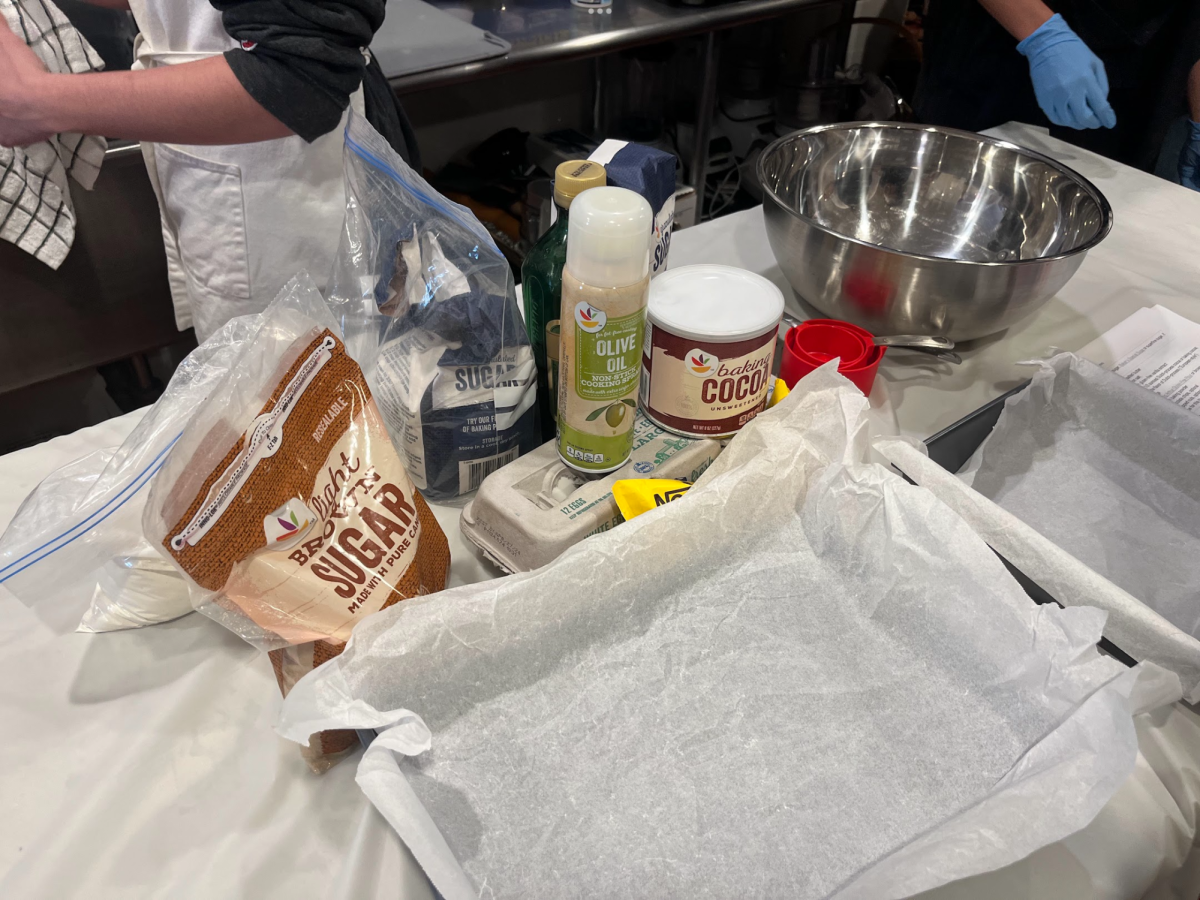By Christopher Helms
 New advances in prosthesis have resulted in the first prosthetic arm that can actually FEEL!
New advances in prosthesis have resulted in the first prosthetic arm that can actually FEEL!
It works by attaching wires to the major nerves in your remaining arm. After a few weeks, the user can feel real sensations in over 20 places on the hand. Different textures, such as sand paper, become palpable. This robot arm brings another important benefit, it relieves the pain of phantom limbs. Many people who have lost limbs, especially in traumatic ways, feel intense, excruciating pain in the limb that is no longer there. Igor Spetic, one of the first recipients of the new prototype, had his hand crushed under a forging hammer while making an aircraft component. He experienced extreme pain in a phantom fist, sometimes as intense as when he first lost his hand. Upon receiving his prosthetic, he felt his phantom fist unclench. Now, several months later, he says the phantom pain is more than 95% gone.
Most electronic prosthetics that the user can control depend on reading muscle contractions and electrical impulses, but this is the next advance in the rapidly advancing field of neuroprosthesis. In previous years researchers have been able to have a rat push a lever, have a monkey play a video game, and a quadriplegic patient drink coffee, all using neuroprosthesis. A Neuroprosthetic is controlled by the user thinking about the action that they wish to perform. But there was one major flaw. The user could not feel the object being manipulated. Allowing a patient to feel with an artificial limb is a dramatic breakthrough. Obviously it greatly improves the lives of patients. And the development possibilities are exciting. Tasks that could not previously be performed by human operators due to extreme conditions could be performed with sensing prosthesis which do not have to communicate the same inputs as your hand, like severe pain, or extreme heat.






